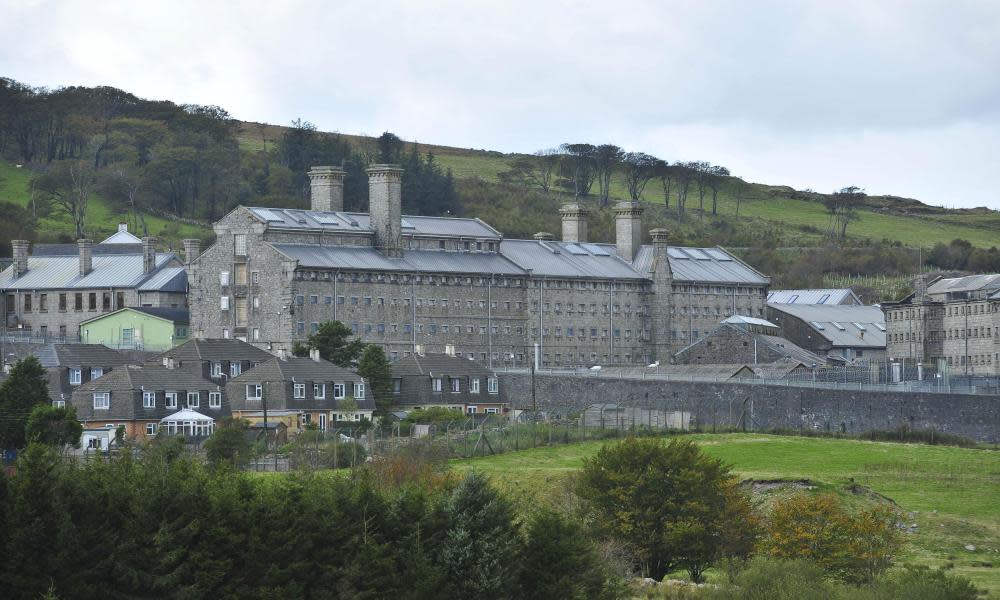Dartmoor prisoners 'being released without proper preparation'

Hundreds of high-risk prisoners, many of them sex offenders, are being released each year from Dartmoor prison without proper preparation, in a “shocking and unacceptable” public protection failing identified by the chief inspector of prisons.
Peter Clarke said more than 200 men had been released from one of Britain’s oldest prisons in the past 12 months, and an even higher number of releases was expected next year.
He said HMP Dartmoor, in Devon, did not have sufficient staff or resources to effectively prepare the men for release or provide sufficient support to minimise their risk of harm to the public.
“This was a shocking and totally unacceptable situation, given the generally high-risk population being released from Dartmoor,” he said.
The prison, which opened in 1809 to house Napoleonic war prisoners, held 600 high-risk prisoners when it was inspected in August. More than 70% were convicted sex offenders and the remainder violent offenders serving long sentences.
Dartmoor remains under threat of closure. Despite a pervasive damp in many cells and a curtailed regime because of staff shortages, the inspectors report that the men were “generally positive” about the amenities and staff-prisoner relationships.
The chief inspector said his most serious concern related to the preparation of inmates for release. He said that because Dartmoor was not a resettlement prison it did not have adequate resources to engage in pre-release preparations.
The reviews of prisoners’ risk levels that did take place were often last-minute, and some high-risk prisoners the inspectors spoke to were anxious because they were unsure where they would live and did not know what arrangements had been made to manage them in the community. There was only very restricted access to sex-offender treatment programmes in the prison.
The chief inspector said: “We had significant concerns about the lack of clarity relating to the prison’s resettlement and risk-management responsibilities, and in particular its inability to carry out adequate pre-release planning for men being released from the prison.
“While we considered Dartmoor to be well led and making strides in some important areas, it was being hampered by confusion nationally about its role, doubts about its future and inadequate resources to do the job it was being asked to do. The solutions to many of the most significant concerns we raise in this report are not in the gift of the governor; the active support of HM Prison and Probation Service is needed.”
Michael Spurr, the HMPPS chief executive, said all high-risk offenders released from Dartmoor were supervised by the National Probation Service. “The vast majority are released to approved accommodation and all are seen by their probation officer on the first day of release to reinforce their licence conditions,” he said.
“A review of risk management arrangements has taken place and a new senior probation officer is also already in post to oversee the management of higher-risk offenders.”

 Yahoo News
Yahoo News 
